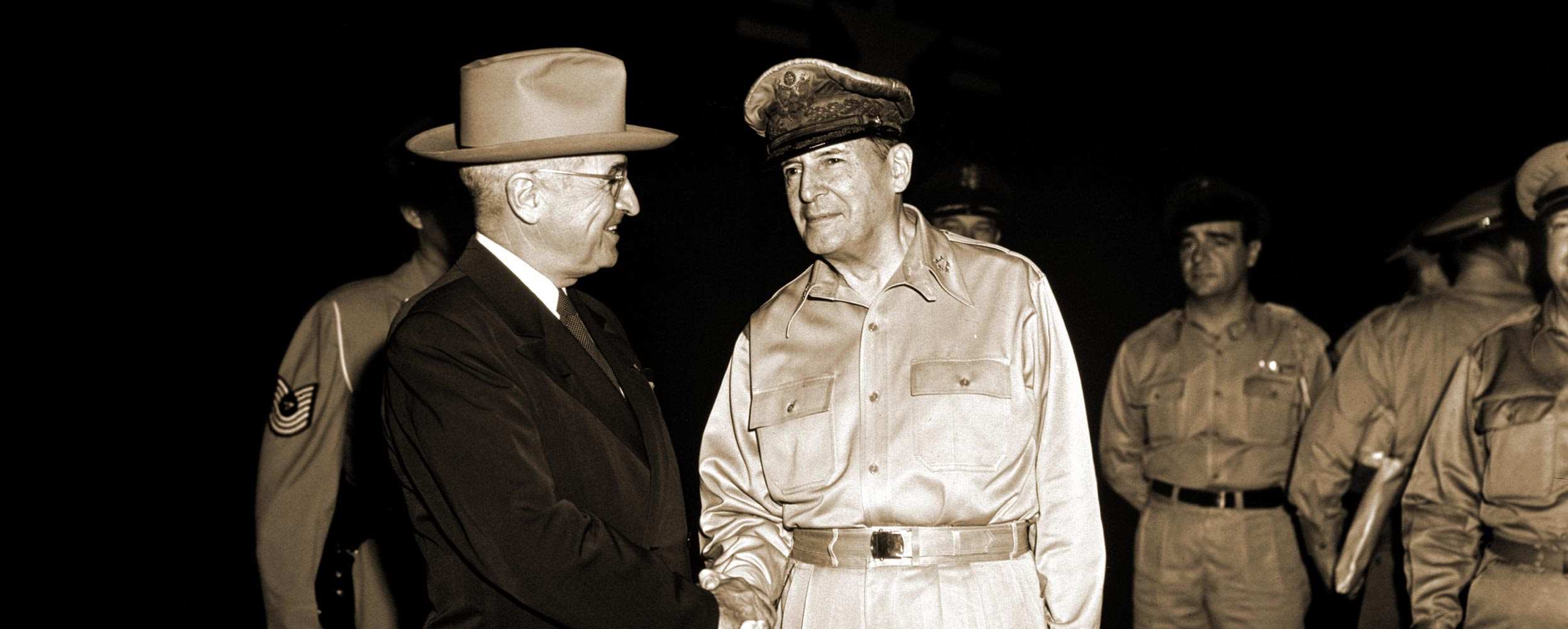In Proverbs 12:15 Solomon tells us that a wise person listens to advice. In 11:14 he has told us there is safety in an abundance of counselors. Life tells us that advice is often easier to give than receive.
I have been thinking about the giving and receiving of advice. I am reading a fascinating book on Harry Truman’s – yes, another Truman book – first term as president (Ascent to Power, David L. Roll, 2024). To be sure, the book presents Truman in a positive light, but not without acknowledging his weaknesses and shortcomings. Eighty years later I am left longing for as decent a person and able a leader as Truman to ascend to power. I don’t think my longings will be satisfied any time soon.
Harry Truman faced as many difficult decisions as any modern president. Almost immediately after Franklin Roosevelt’s death, he had to decide about the use of the atomic bomb to end World War II. In time he was confronted with decisions to be made about the rebuilding of Europe and the rebuilding of the American economy from its war footing to being able to satisfy pent up consumer demands. He would have to decide about programs for returning G.I.s and the assurance of civil rights to all Americans, especially to Black Americans.
Some of the most important decisions Harry Truman made had to do with the people who would serve the nation during his presidency. He made some great choices and some really poor choices.
As Roosevelt cabinet members left the government after Roosevelt’s death, Truman replaced them with others of his own choosing. One of the first such decisions had to do with a new Secretary of State. Truman chose South Carolina Senator Jimmy Byrnes. Bad decision.
For Supreme Commander for the Allied Powers during the occupation of Japan: General Douglas MacArthur. A bad decision (fans of the Old Soldier can private message me with their disagreement).
Truman decided on General George Marshall as his second Secretary of State after Jimmy Byrnes’ eventual resignation. A great decision.
One of Truman’s many positive attributes was his willingness to acknowledge mistakes. When he nominated Jimmy Byrnes, his good friend and Senate Majority leader Sam Rosenman advised against it. “I think you will regret it, and if I were you, I wouldn’t do it,” Roseman said. “Later Truman told Rosenman he should have taken his advice,” Roll writes.
Likewise, Truman would come to regret deeply his decision to disregard his good friend’s advice and appoint MacArthur as Supreme Commander in Japan.
The appointment of George Marshall was one of Truman’s best decisions, and his advisors concurred with it. Roll writes, “he was chosen because of his stature, judgment, and ability—a ‘great one of the age,’ as Truman used to say.”
Truman sought good advice and admitted his mistake when he failed to take it.
Yes, the Truman book has me thinking about the giving and receiving of advice. Solomon tells us that a wise person seeks and receives advice. I have been fortunate in having people in my life who are willing and able to give good advice. I have benefitted greatly from their wisdom. But like plain speaking Harry Truman, I have, on occasion, rejected good advice. I will never know how things might have been had I been wise enough to follow my counselors’ advice. But I do know some of the sorrow that followed my decision to listen to my own voice rather than theirs.
From time to time, I have been asked to give advice to a friend or colleague. It is a high honor and a heavy responsibility. The giving of good advice almost always begins with listening and asking questions, but it ends with an honest word of “yes” or “no”, “do” or “don’t”. And sometimes “maybe”.
I once had a decision to make and sought the advice of some wise counselors. I called an elder in our church who listened well and asked all the right questions. She helped clarify the choice that was before me, but she didn’t quite get to advice. It was a good call and I hung up thankful for her presence in my life. The phone rang again in less than five minutes. It was the elder. She said she had forgotten to say “yes” or “no”. “No,” she said. But I listened to my own “yes”. I will never know how things might have been if I had been wise enough to follow her advice, but I do know some of the sorrow that followed my decision to listen to my own voice rather than the voice of a wise counselor.
God, grant me the wisdom to hear good advice and the courage to give it when asked.

